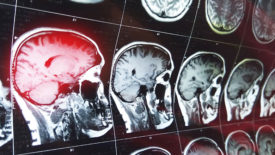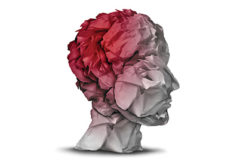Home » Keywords: » brain health
Items Tagged with 'brain health'
ARTICLES
Digital Edition Exclusive
For Your Health & Wellness: Obesity and the brain
Obesity may change the teen brain, MRI study shows
January 1, 2020
Intellectually challenging jobs linked to better cognitive performance
It's the opposite for physically hazardous work
June 13, 2016
Heads up on traumatic brain injuries
Falls are the leading cause of a blow to the brain
December 2, 2014
Never miss the latest news and trends driving the safety industry
eNewsletter | Website | eMagazine
JOIN TODAYCopyright ©2024. All Rights Reserved BNP Media.
Design, CMS, Hosting & Web Development :: ePublishing








